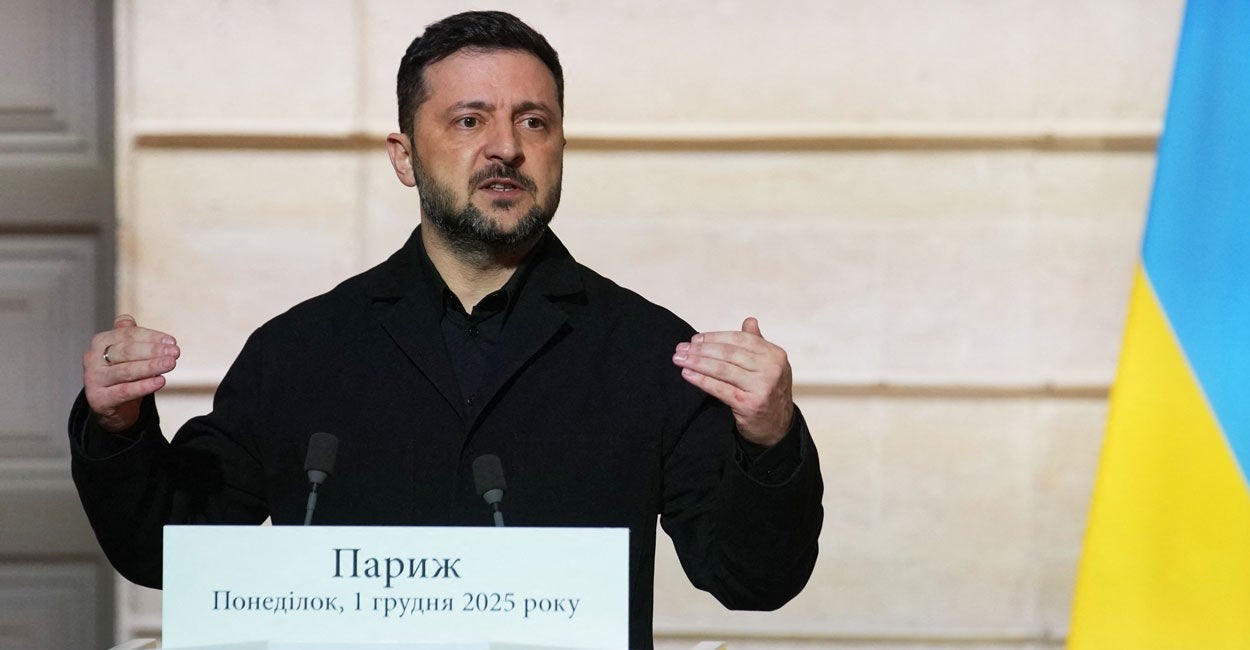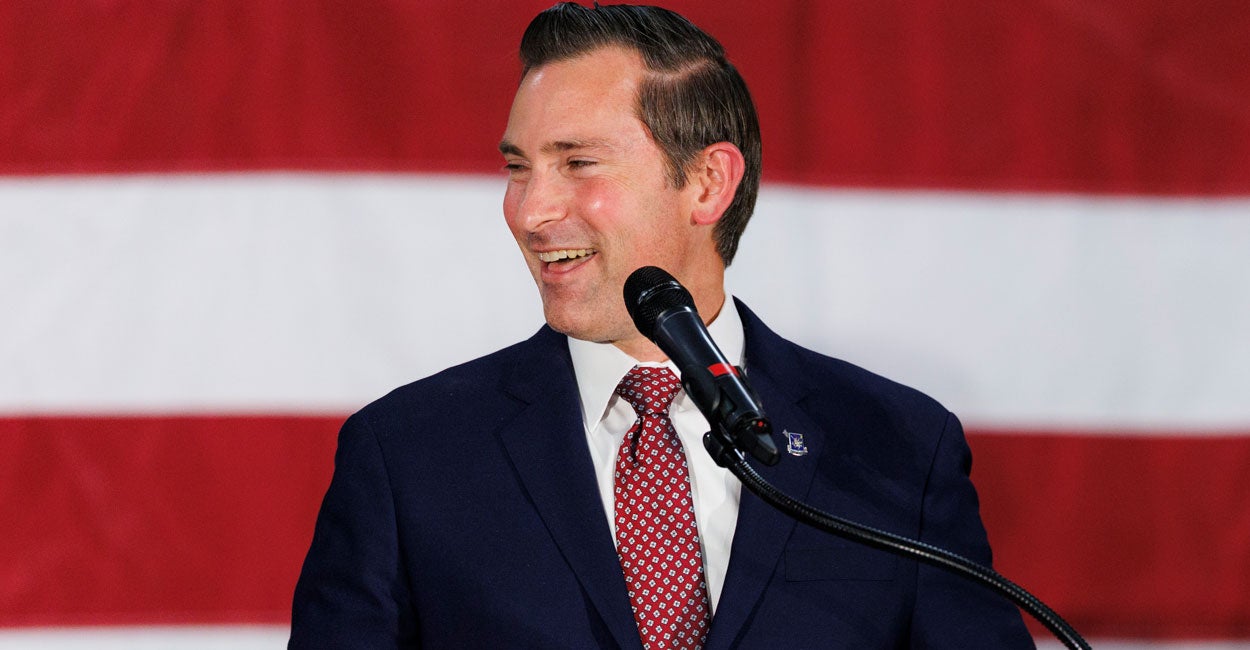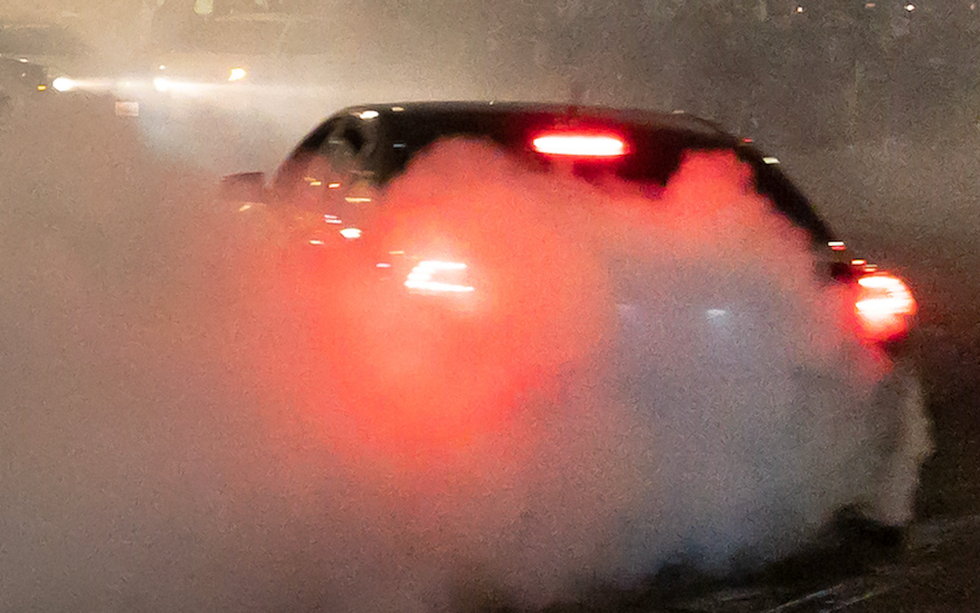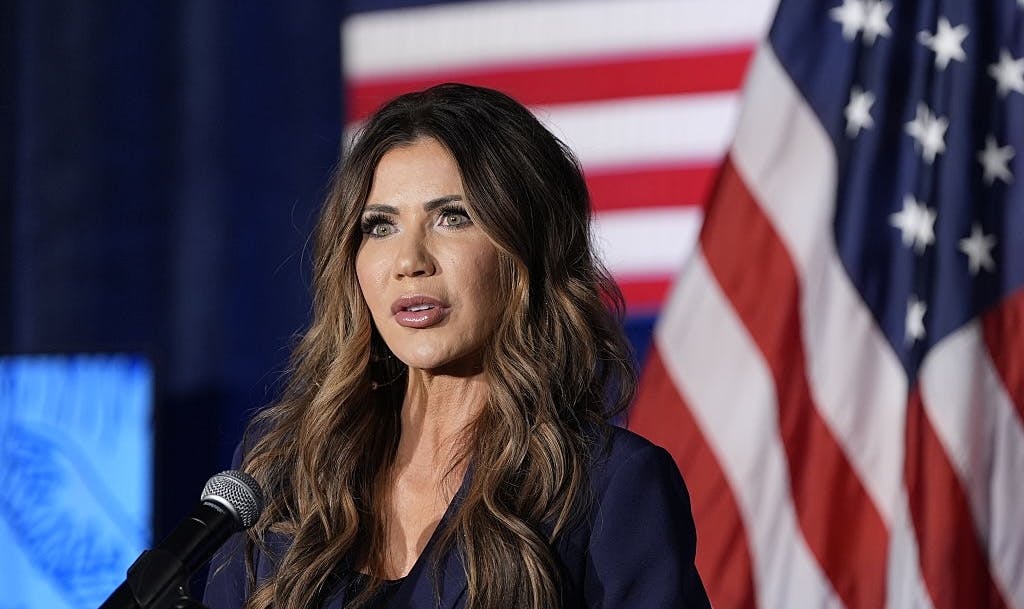White House Says Trump Will Extend TikTok Ban Deadline For 3rd Time
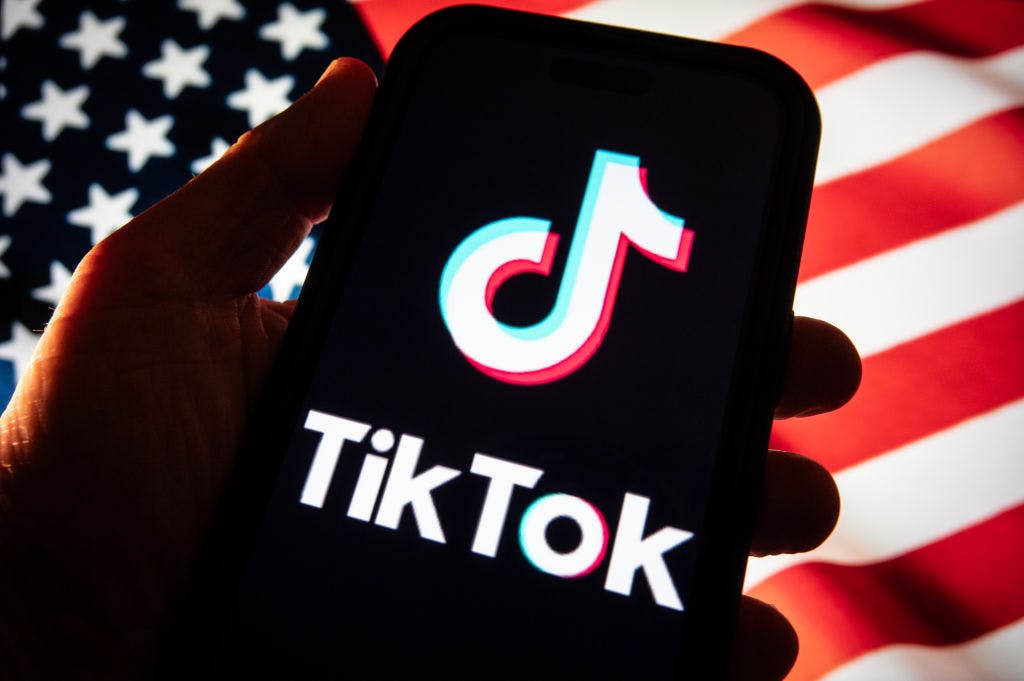
President Donald Trump will give TikTok’s owner more time to comply with a federal law mandating that it cannot be owned by a Chinese company because of national security concerns.
The extension will give ByteDance, the Chinese-based company that owns TikTok, another 90 days to find an American buyer. TikTok was first set to go dark in January 2025, but Trump has extended that deadline multiple times.
“As he has said many times, President Trump does not want TikTok to go dark,” White House Press Secretary Karoline Leavitt said Tuesday. “This extension will last 90 days, which the Administration will spend working to ensure this deal is closed so that the American people can continue to use TikTok with the assurance that their data is safe and secure.”
Trump has previously expanded the deadline twice, once in January and then again in an April executive order that directed the Justice Department not to enforce the “Protecting Americans from Foreign Adversary Controlled Applications Act” until June 19.
TikTok will now have until September to facilitate a deal with an American company or investor.
During his first term in office, Trump first moved to ban TikTok via executive order, a move that was later blocked. Several years later, President Joe Biden signed a bill mandating the sale of TikTok into law in April 2024 after broad Congressional support.
Days before Trump took office in January, the Supreme Court ruled that Congress was justified in passing the ban because of concerns about the Chinese government using TikTok to harvest the private data of millions of Americans.
“There is no doubt that, for more than 170 million Americans, TikTok offers a distinctive and expansive outlet for expression, means of engagement, and source of community,” the court wrote. “But Congress has determined that divestiture is necessary to address its well-supported national security concerns regarding TikTok’s data collection practices and relationship with a foreign adversary.”
The court was unconvinced that the ban amounted to restrictions on free speech.
“It is not clear that the Act itself directly regulates protected expressive activity, or conduct with an expressive component. Indeed, the Act does not regulate the creator petitioners at all. And it directly regulates ByteDance Ltd. and TikTok Inc. only through the divestiture requirement,” the court wrote.
Originally Published at Daily Wire, Daily Signal, or The Blaze
What's Your Reaction?
 Like
0
Like
0
 Dislike
0
Dislike
0
 Love
0
Love
0
 Funny
0
Funny
0
 Angry
0
Angry
0
 Sad
0
Sad
0
 Wow
0
Wow
0























































